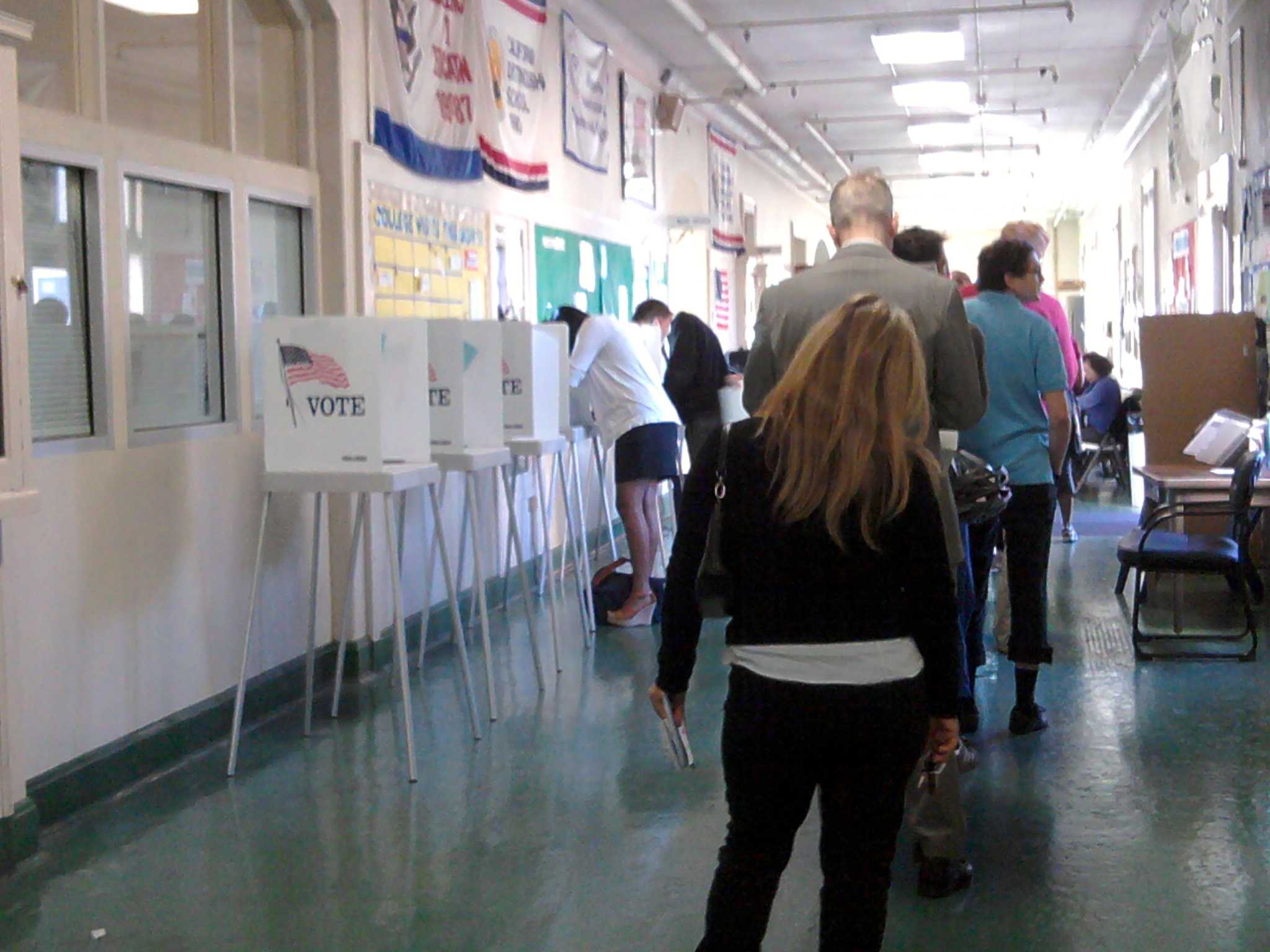The 2016 presidential election will no doubt go down in history as one of the most intense, controversial and chaotic elections in the history of the United States, but also as one of the most important national decisions.
Americans are tasked with choosing between presidential candidates Hillary Clinton and Donald Trump, both of whom have run campaigns riddled with scandals, leaving some voters with an extremely difficult decision to make.

That decision also rests on the shoulders of approximately 60 Palo Alto High School students, according to Karla Larson, Guidance Tech Assistant. Within just weeks — and in some cases, days — of turning 18 years old, a few lucky juniors and seniors have the chance to utilize their newfound rights and leave their mark on this year’s election.
For senior Tanner Newell, who turned 18 this past September, the decision to vote was difficult. He ultimately decided against voting in both the presidential and local elections.
“I’m not going [to vote],” Newell said. “I don’t have enough time and I have other responsibilities.”
However, Newell emphasized that if he did find the time to vote come Nov. 8, he still would not participate in the local elections, because he will be moving out soon.
“If I do vote, it will just be to the presidential,” Newell said. “I’m not going to be in Palo Alto for the local elections to affect me.”
However, many eligible Paly students have decided to vote in the local and presidential elections this Tuesday. Senior Matthew Seto credits his duty to vote in both elections to his time as a Boy Scout.
“As Boy Scouts, we were taught about a duty to our nation, and voting was one of those obligations,” Seto said. “It helps determine the future of your local community, as well as [the nation’s.] Getting youth to vote is also very important as voting turnout in California is lower than the national average.”
Seto emphasized that this specific election was not the basis of his decision to vote.
“I think I still would have voted, regardless of the candidates or propositions on each ballot,” Seto said. “Even though California is dominantly Democratic, each vote for a policy or candidate still carries weight and importance.”
Others, like senior Ibby Day, feel that this presidential election is especially crucial to vote in.
“I’m voting because this election matters to my future, and my peers’ futures. Every vote does count, especially in this election,” Day said. “I’m voting for Hillary Clinton because I respect her as a candidate, and my political priorities align with her priorities the most. The President is essentially the most powerful person in the world, and to think that Trump, someone who is careless with his words and actions, might be in a position to make crucial decisions is absolutely terrifying.”
Senior Ethan Bundy also feels that voting is essential, despite the unlikelihood of his candidate winning in California.
“Although I know my vote most likely won’t make a difference because my political views are the opposite of approximately 99 percent of the people in California, I am still going to vote because people have died to give me the right to do so and in a lot of countries around the world people don’t have that right, so I think it is disrespectful for people not to give their vote,” Bundy said. “Also, I am not voting for Hillary because I cannot vote for someone who is supposed to uphold the law when time after time she exhibits behavior that shows she believes she is above the law.”
Many view voting as a good way to remain informed about politics.
“Before I vote, I have to be reasonably well versed in current politics,” senior Brian Tracy said. “This is good information to stay up to date on and it allows me to have interesting discussions with my friends.”
And for other students, it only takes a small incentive to motivate them to get to the polls on Nov. 8.
“I’m just looking forward to voting so I can get the ‘I voted’ sticker,” senior Andrew Vargha said.

